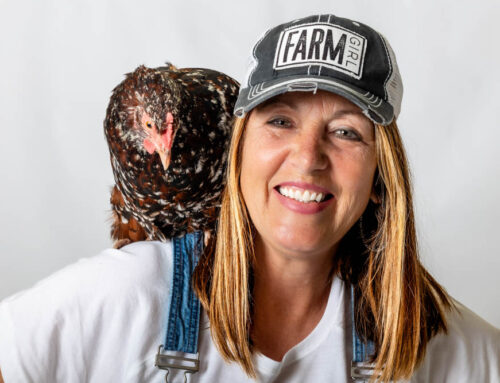On the road to a silver-haired crown, many of us — or our loved ones — will need help. The good news is that there are plenty of nearby neighborhood resources to help ease into that transition. Here are a few tips.
Start early. “Until we need to know something about senior living, most of us know nothing,” says Tammy Oliver, community relations with Juliette Fowler Communities. “Pre-plan golden years and retain control over your future. Start early, learn what your community offers and what it doesn’t, then designate personal intentions. If you or a loved one go to just one place and later need more care, then you have to start over. Find a multi-care-level place; make friends where everyone knows and loves you.”
Forgive yourself. “There’s often enormous guilt felt by family members when deciding to even consider moving a loved one into memory care,” says Ali Congrove, community relations manager with Brookdale White Rock. Statistically, it’s not uncommon for caregivers to pass away from stress-related disorders before the one with dementia. “Find a community that supports family as much as the resident, a neighborhood location where family can pop in and see their family member feeling a sense of stability and comfort.”
Tackle transportation. Everyone’s on the go, but for seniors getting around can be tricky. Surrendering car keys is difficult, especially for seniors living without easy access to resources such as doctors or groceries. “Transportation accessibility is vital because it decreases isolation and increases the physical connections for new opportunities,” says Jonathon Braddick, community development manager representing AARP Ride@50+ program. Seniors and their families want to look for a safe and reputable alternative ride services resource for affordable local transportation, Braddick says.
Navigate aging. Vulnerable seniors can be targets of fraud and scams. It’s important for neighbors to advocate and protect the rights of older adults,” says Stacey Malcolmson, president and CEO of The Senior Source. Extra time on your hands? “Look in on a senior neighbor, aid with technology, impact their emotional and financial well-being, and be a resource against social isolation,” she says. “Even caregivers can use help from the most active of us in giving the most vulnerable neighbors a purpose.”





